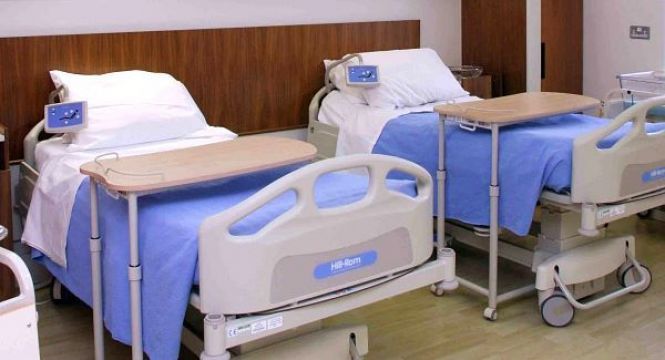Ministers have been warned that the number of Covid patients in hospital could double by the end of the month.
However, Government will still prepare a plan for the removal or easing of all remaining restrictions.
The Cabinet subcommittee was presented with new figures on Friday, they suggested there may be 400 Covid patients in hospital by the end of the month.
As of 8am on Friday, there were 189 coronavirus patients in Irish hospitals.
The subcommittee was told that Ireland has not yet reached the peak of the latest wave of the virus.
Sources told The Irish Times that the meeting heard Ireland was likely to follow the same pattern as the UK, with cases declining from a peak in the coming weeks.
Vaccine effect
The positive effect of vaccines means projected hospitalisations are substantially lower than they were for previous waves of the disease.
However, HSE chief executive Paul Reid warned the committee that Covid patients have a disproportionate impact on the healthcare system due to the need to isolate them and sometimes create dedicated wards.
Despite the fact hospitals are busier than normal, Ministers were told that non-Covid care is continuing unlike during previous waves of Covid.
A HSE survey requested by Cabinet found the majority of people in hospital with Covid were being treated for the disease, while around a quarter tested positive but were not sick with the disease.
Isolated
These patients also have to isolate, placing a further burden on the healthcare system.
A further 1,782 cases of Covid-19 were confirmed in the Republic of Ireland on Friday.
In a statement issued on Friday, officials warned the incidence of the disease remains high and is “continuing to increase, particularly in younger age cohorts”.
The seven-day average of case numbers is now approximately 1,300, while there are 193 people with the virus in hospital, 28 of whom are being treated in intensive care.
“The trajectory remains very uncertain,” the statement said, adding: “Disease profile varies across counties, with Donegal, Louth and Galway showing high incidence rates”.







